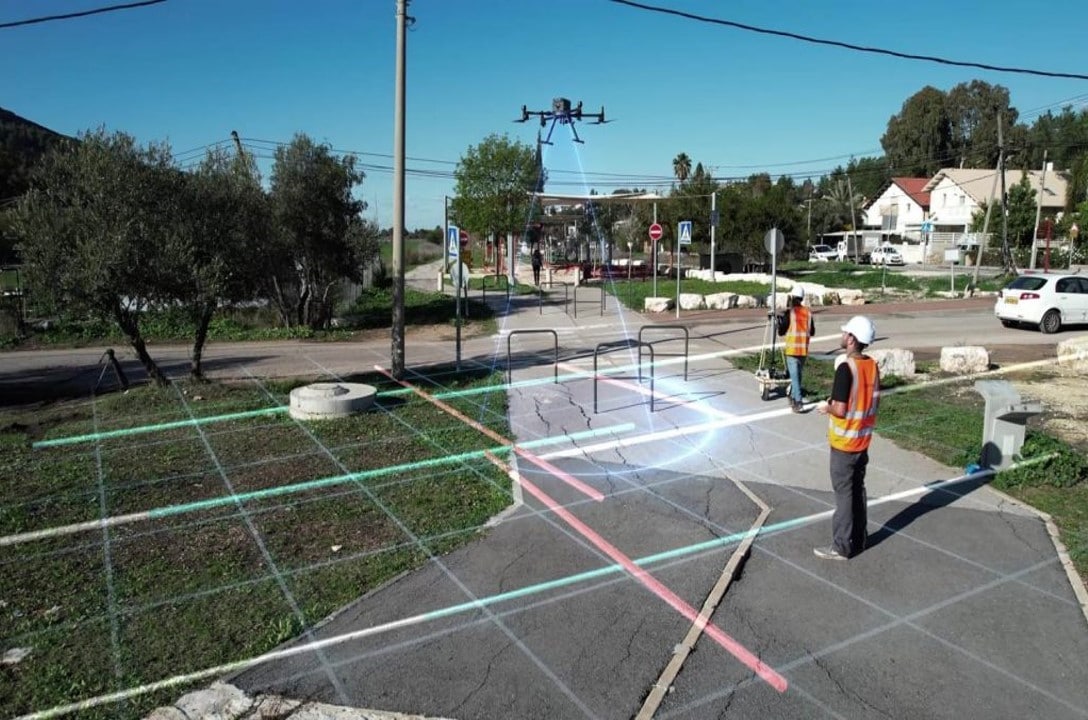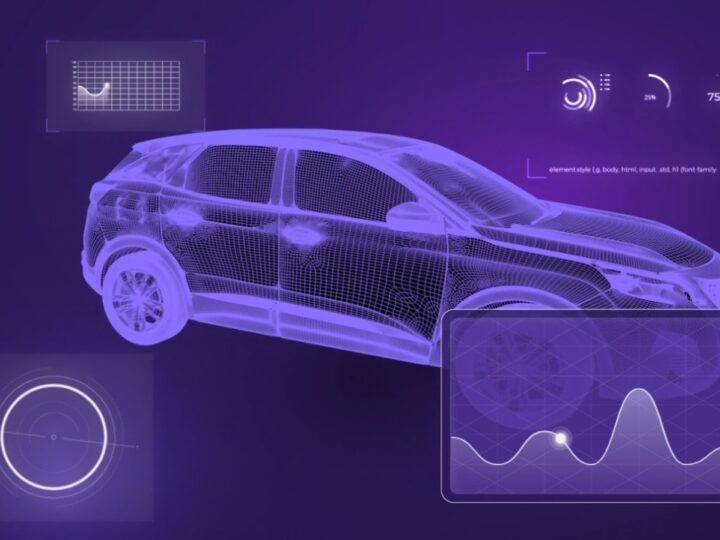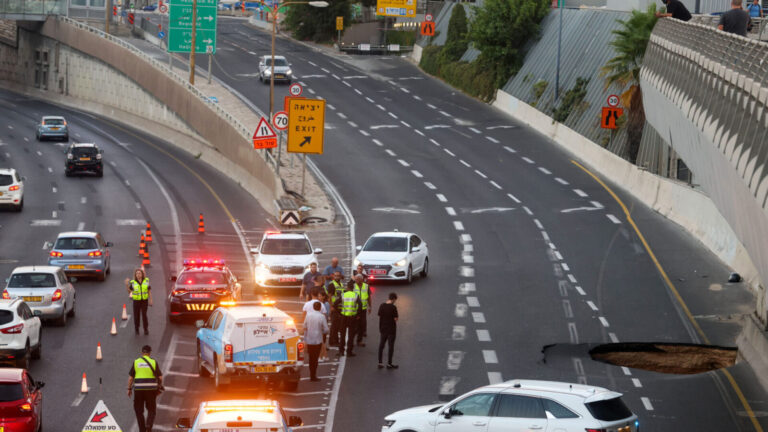Exodigo, an Israeli startup that uses electromagnetic, radar, lidar, and other sensors on carts and drones to get a 3D picture of underground infrastructure, will provide the subsurface maps needed to improve undergrounding processes for power lines in the US Pacific Northwest.
The project is part of the Grid Overhaul with Proactive, High-speed Undergrounding for Reliability, Resilience, and Security (GOPHURRS) program led by the US Department of Energy Advanced Research Projects Agency-Energy (ARPA-E).
In partnership with the Pacific Northwest National Laboratory and Rutgers, Exodigo will work with participating utilities — including Avista Utilities, Portland General Electric, and WEC Energy Group — to support GOPHURRS’ mission to strengthen and modernize America’s aging power grid.
“Our team at PNNL sees great potential through this ARPA-E project to speed up undergrounding operations and support improvements to the reliability and resilience of the nation’s electrical grid,” said Frederick Day-Lewis, a chief geophysicist at PNNL.
Exodigo was founded by former Israeli intelligence officers and is now headquartered in the Bay Area and Tel Aviv. The company was cited in TIME magazine’s Best Inventions of 2022 among “200 inventions changing the way we live.”
After raising one of the largest seed rounds in Israel in 2022 (over $41 million), Exodigo launched commercially in the United States and is working with hundreds of customers across the US, UK, France and Israel to make capital projects safer, more efficient and more sustainable.
“We are deeply honored to receive this federal funding as it is a testament to our team’s relentless innovation and dedication. Underscoring Exodigo’s commitment to revolutionizing undergrounding technology for power grids, we look forward to improving the resilience and efficiency of our nation’s energy infrastructure in collaboration with Pacific Northwest National Laboratory,” said Jeremy Suard, CEO of Exodigo.
The GOPHURRS project aims to revolutionize underground power distribution line installation. With the deployment of Exodigo’s artificial intelligence (AI) system, it will be possible to streamline the processing of geophysical survey data into digital twin and augmented reality, allowing for the identification of subsurface obstacles prior to installation.
On February 27, Exodigo announced the closing of a $75 million Series A round.
Fighting for Israel's truth
We cover what makes life in Israel so special — it's people. A non-profit organization, ISRAEL21c's team of journalists are committed to telling stories that humanize Israelis and show their positive impact on our world. You can bring these stories to life by making a donation of $6/month.








